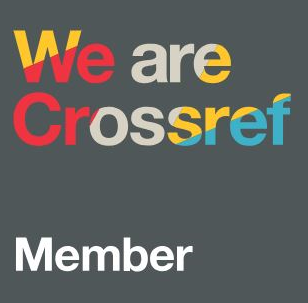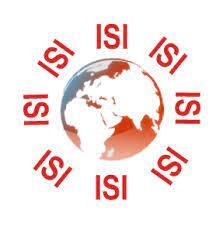Contribution of Non-Government Organizations (NGOS) Activities in Promoting Socio-economic Development of their Beneficiaries in Rwanda: A Case of African Park Rwanda in Kayonza District (2016-2018)
DOI:
https://doi.org/10.62103/unilak.eajst.11.11.151Keywords:
NGOs, Socio-economic development, Kayonza District and RwandaAbstract
of Rwanda have been coming up with various projects and welcome NGOs to work in Rwanda with aim delivering public service and promoting welfare of the common people. However, despite the tremendous efforts by governments to enhance development through NGOs, their success has been underperform and others collapse due to factors such as incompetent management, lack of enough funds as well as increased malpractices. Hence, the study sought to find out the contribution of NGOs activities in promoting socio-economic development of their beneficiaries in Rwanda, a case study of African Park Rwanda in Kayonza district .The study was guided by three specific objectives: to identify activities of African Park Rwanda (APR) in Kayonza district during 2016 -2018, to analyze the level of socio-economic development of beneficiaries of APR in Kayonza district , to establish the relationship between activities of APR and socioeconomic development of its beneficiaries. The study used descriptive research design and correlational research design. The sample size of the study was 328 beneficiaries of African Park Rwanda in Kayonza district. Questionnaire and interview were used to collect data and descriptive statistics and inferential statistics were used as method of data analysis. The findings revealed that activities done by APR to their beneficiaries in Kayonza district was agriculture intervention with (very high mean score =4.47) and health and sanitation services with (very high mean score =4.39). The findings indicated that the level of socio-economic development of beneficiaries of APR in Kayonza district has been improved at very high extent with mean score of 4.53 where the average annually house income of respondents after being beneficiaries of APR was 926803.3308 Rwfs per beneficiaries. The results indicated that there is high positive and significant correlation between APR activities and socio-economic development of its beneficiaries at (r =.733*, p-value=.016<0.05). The study recommends that APR needs to intensify its socio-economic empowerment initiatives so that beneficiaries can be equipped with knowledge to reduce poverty








